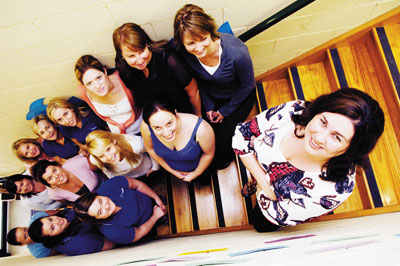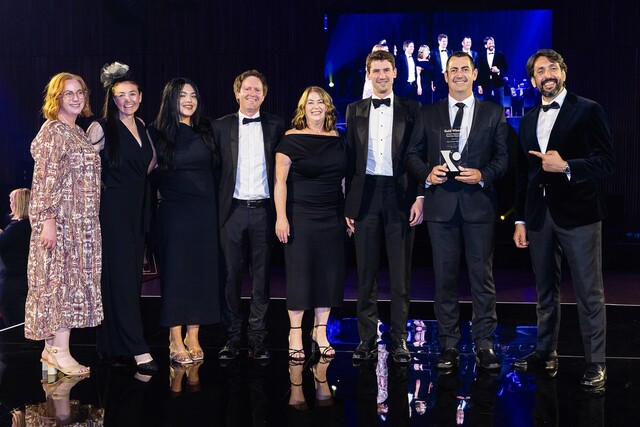With an extensive community immunisation program in place, the City of Greater Dandenong has called on an external organisation to support its Environmental Health team of eight nurses.
Located on Melbourne’s southeastern urban rural fringe, the City of Greater Dandenong covers some 130 square kilometres and has a population of around 145,000 people.
Council primarily runs its immunisation sessions during the day, with approximately 60 one hour per day sessions each year.
But more than 20 evening sessions of two hours each can also be offered during the year.
For this reason, Council required a medical officer service to assist with the administering of vaccines and to provide advice.
Greater Dandenong’s Environmental Health Officer and Team Leader Geoff Fraser said Council contracted Medic Oncall for three years to fulfil this role by overseeing the placement of suitable doctors.
Established in 2001, Medic Oncall is the largest Australasian medical recruitment company, specialising in supplying essential medical staff to ensure hospitals, general practices and private institutions can meet their health service obligations.
Through its customised database of more than 4,000 doctors, it is able to identify the most appropriate medical practitioners to provide advice in the areas of public and environmental health, pandemics and immunisation, as well as most other specialties and areas of expertise.
It then manages the contract payment made by the organisation, in this case Council, and distributes fees to the doctors.
Geoff Fraser said Council’s key drivers for this service are to provide a high level of comfort and assurance for residents, and also to ensure risk minimisation and efficient management of a roster.
“We are committed to going above and beyond the minimum requirements for our immunisation service to provide that extra degree of comfort for the community,” Geoff Fraser said.
He said that while delivering this service appears to be a relatively easy task, skill was required in finding a small, qualified pool of doctors who are reliable and flexible in the number of hours per week they are assigned.
“There is a good synergy between Medic Oncall’s small team of doctors and our team of immunisation nurses,” Geoff Fraser said.
“Because we run eight or nine sessions each month, we don’t want a different face each time.
“Medic Oncall has kept the medical team to three or four doctors who are sympathetic and reliable and whom we are very happy with.”
Today, the standard primary course of immunisation has become rather complex, and there is a wide array of vaccines that can be received at public sessions.
In addition to this, Council needs to assess migrants who present with an obscure, complex, or partly completed schedule from another country and who need to be brought up to Australian standards.
“The doctors are particularly useful for these complex situations and may decide to change the order of vaccine administration, deciding for example that it is more prudent for a patient to receive their measles immunisation first,” Geoff Fraser said. “Flexibility in the delivery of service is of particular benefit to Council, as doctors can be cancelled for sessions at short notice when it is obvious they won’t be required, such as on a cold, wet and windy night.”
Geoff Fraser said answering questions in relation to public health issues is another part of Medic Oncall’s service.
“If Council needs to answer media questions that require professional up to date advice, I can get some dot points from the doctor that I can then quote back to the media,” he said.
For further information on Medic Oncall phone 1300 662 266 or visit www.mediconcall.com.au

















